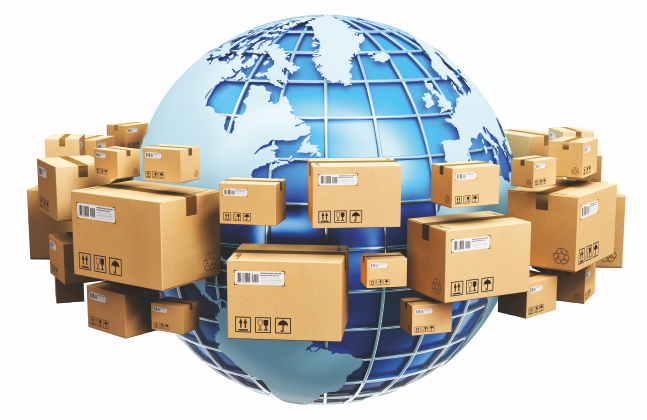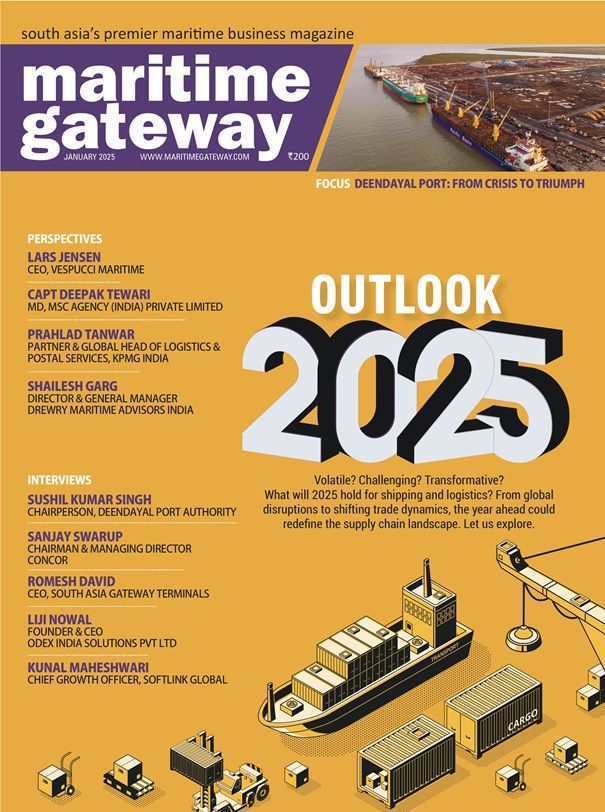[vc_row][vc_column][vc_column_text]
21st Century Logistics moves big things for big people and organisations. Moving art exhibits from France to India for instance, or transporting an entire office load of 2,000 computers
21st Century Logistics moves big things for big people and organisations. Moving art exhibits from France to India for instance, or transporting an entire office load of 2,000 computers, intimidating servers, tonnes of stationery and work stations from Delhi to Mumbai. The firm has been doing this since the 1960s and Nirav Thakker who now owns and runs 21st Century Relocations from Mumbai got in to this business because his dad did and before that his grandfather.
Back in the day when owning a colour television set was deemed a luxury, Nirav’s grandfather set up a custom broking firm that also specialised in moving imported products. The firm then catered mainly to the shipping needs of high net worth individuals and carried to India white goods and other items that only the rich could afford and pay to transport. Subsequently, the firm obtained a customs license in 1984 and Nirav’s father joined the firm. They began to undertake shifting of any kind of personal assets of people who were relocating to India from abroad. “There was a special scheme introduced by the Customs Department called Transfer of Residence that allowed Indian citizens relocating to India to benefit from relaxed rules regarding import of their personal belongings. Certain household articles and goods could be imported free of duty and certain other listed items, on payment of a concessional rate of duty. Since we were very conversant with these rules, most people preferred to travel through us,” Nirav Thakker, Head, International Marketing, 21st Century Relocations said.
Over the years, the list of items only got longer. The size of the Indian luxury market was worth $14 billion in 2016. The sector includes luxury products such as apparel, accessories, home decor, pens, watches, wines and spirits and jewellery. The luxury market is expanding rapidly in India on the back of economic deregulation, fast GDP growth, and wealth (re)generation, increasing per capita consumption, and a growing young working population. A single household today ships back a full container load. Back then, a FCL of cargo had items belonging to about 10 to 20 people and a weekly shipping service from the Gulf brought things back for people who made India their home again.
By and by when India’s economy opened up to foreign investments in 1991, 21st Century started exporting products as well. Because of India’s liberalised investment and trade regime, demand from the services sector grew and many young Indians chose to work overseas, primarily in the United States of America. This lead to the logistics firm seeing potential in the US and it set up an office there to regulate all movement of goods in to the country for people relocating to the US. Nirav says, “We inducted ourselves in to the International Association of Movers and Worldwide ERC that have many human resource executives from various companies attached to them. These executives used to put us in touch with people who wanted to move to and out of India.”
As the number of people moves increased, 21st Century also saw a rise in the demand for value added services associated with moving household and personal goods. Officials in the company saw a need for orientation services, especially if foreigners were moving to India. From Mumbai, there would be many calls orienting and familiarising the executives to India’s culture and work ethic. Relocating families, settling them quickly and helping them concentrate on the new job as soon as possible was their goal. When the dot com boom happened, it was just the US that was hogging all the business. But later, in the mid 2000s, they also began moving people to the United Kingdom and other European countries as well. After an office came up in the UK, a number of third country movements were undertaken too. That is, moving people’s belongings to countries that did not involve any movement to India. Today, the firm moves things between Australia, Singapore, Dubai, Germany, the US and Canada other than shipments to and from India.
As people moved places, pets did too. That’s how 21st Century began dealing with pets that needed a change of address as well. They handled all aspects of travel for pets, including veterinary inspection and quarantine services. To this, office and domestic relocations got added in to the basket of services too. One of the primary reasons why 21st Century Logistics has earned high recall value amongst its customers is because of its ability to offer the entire spectrum of services under one umbrella. The firm started a packing division that handled packing of all sizes of products completely. From freight forwarding, customs clearance procedures, to loading them on to a vessel are all taken care of by the same group to avoid any theft or damage to the products. Since theft of goods whilst in transit and from storage can be very expensive, the firm insures all the goods to be shipped. “There is not a single insurer in India who insures used goods. This prompted us to insure all our clients’ items by a US based insurer who underwrites all goods under transit. We protect everything from single item damages to multiple items’ loss. “Whether you are relocating to another country, leaving for a new city or just moving down the road, our programs protect your possessions from the moment packing commences at origin right up to the time they are unpacked on arrival at your new home,” Nirav said.
Customers are known to be very touchy about their belongings, whether they are of high value or not. Much of the talking, Nirav says, is about convincing customers that their goods will be safe as they have very high sentimental value attached to their furniture, cutlery and a few luxury items. Often times, this relocation firm has to custom make cardboard boxes to fit some unusual sized items. While some requests are reasonable, others demand a lot more work and money if they have to be acquiesced. A particular Indian dentist who was moving to California wanted to carry over some of India’s oldest automobiles so he could put them up for display at his clinic in the US. This required moving a Fiat car (a premier padmini model), a Luna and even an auto rickshaw. Another request requiring great deal of care came from a painter. He was moving to London and wanted all his paintings to be checked in with him. This meant making a special corrugated, padded box for each one. Another of the same ilk who makes money splashing colour wanted about 50 odd paintings of the Indian batsman Sachin Tendulkar to be transported to France. These paintings needed to be handled with enormous care to ensure the consignment is not exposed to atmosphere to maintain its original shade.
If you thought these requests didn’t require one to be so querulous, consider this. A customer called from an art gallery in San Francisco and wanted to ship to India some antiques made of ivory extracted from this extinct animal called Mammoth which resembles an older cousin of the elephant. “Luckily, the customer called us from the shop in SF. We had to hurriedly check with our artefacts department to see if such imports are allowed as ivory trading in India is a punishable offence.” Without laughing this request off, Nirav and his firm agreed to ship consignment keeping with the Indian regulations.
The customer brought back his antiques and offered goodwill as an additional handout. It is this intangible commodity that has helped the firm survive many challenges it has faced over the years. In the last couple of years, at least 10 logistics firms have sprouted offering similar services in India. More firms means thinner margins and a fall in volumes handled. While globalization first opened up business for this relocating firm, today it has brought with it its bane too. “Most items that were imported earlier from the West are available in India today,” Nirav says.
But just as any entrepreneur would do, he too sees opportunity in the face of threat. His firm has started handling small shipments as well weighing as less as 50 kilos. He is positioning moving large numbers of these small shipments by road and sea as an alternate to moving them by air. “The average cost of transporting a kilo by road door-to-door can be `400 whereas an airline would charge as much as `1,000 to `1,500 for it for the same destination,” he says. The firm is also trying to consolidate movement of all international shipments to one destination and move them at a time than in smaller parcels to save on costs. And like Mukesh Ambani does, he too thinks US President Donald Trump’s visa restriction policy could be a blessing in disguise for India. Er for him, certainly. Didn’t get it? It could mean many Indians coming back to their home country with all their accouterments and other paraphernalia.
[/vc_column_text][/vc_column][/vc_row]







